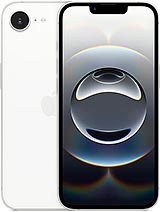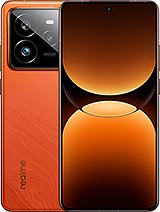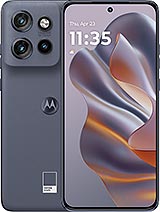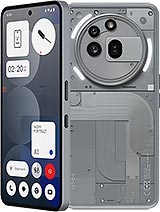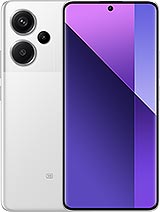Google Pixel 9a alternatives
Tap above to see alternatives.
Vivo Y300 Plus alternatives
Tap above to see alternatives.
Google Pixel 9a

Google Pixel 9a
-
Tensor G4
4 nm
-
5100 mAh
23W
-
6.3"
1080 x 2424 pixels
-
48 MP
4K@30/60fps
Vivo Y300 Plus
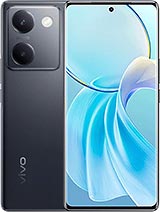
Vivo Y300 Plus
-
Snapdragon 695
6 nm
-
5000 mAh
44W
-
6.78"
1080 x 2400 pixels
-
50 MP
1080p@30fps
1x3.1 GHz Cortex-X4
3x2.6 GHz Cortex-A720
4x1.9 GHz Cortex-A520
2x2.2 GHz Kryo 660 Gold
6x1.8 GHz Kryo 660 Silver
8GB 256GB (UFS 3.1)
f/1.7, 25mm (wide), 1/2.0", 0.8µm, dual pixel PDAF, OIS
13 MP
f/2.2, 120˚ (ultrawide), 1/3.1", 1.12µm
f/1.8, (wide), PDAF
2 MP
f/2.4, (depth)
1080p@30/60/120/240fps
f/2.2, 20mm (ultrawide), 1/3.1", 1.12µm
f/2.5, (wide)
1080p@30fps
SIM1: Nano, SIM2: eSIM
SIM1: Nano, SIM2: Nano
FDD: N1, N2, N3, N5, N7, N8, N12, N20, N26, N28
TDD: N38, N40, N41, N66, N75, N77, N78, N79
FDD: N1, N3, N5, N8
TDD: N77, N78
FDD: N1, N2, N3, N5, N7, N8, N12, N20, N26, N28
TDD: N38, N40, N41, N66, N75, N77, N78, N79
FDD: N1, N3, N5, N8, N28
TDD: N77, N78
In this comparison, the Google Pixel 9a with the Google Tensor G4 (4nm) performs better than the Vivo Y300 Plus with the Qualcomm Snapdragon 695 (6nm), thanks to its more efficient chipset.
The Google Pixel 9a offers 7 years of OS updates, while the Vivo Y300 Plus provides 2 years. When it comes to security updates, Google Pixel 9a leads with 7 years of support.
Both phones feature AMOLED displays. They have the same 120 Hz refresh rate. Google Pixel 9a also has a brighter display with 2700 nits, improving outdoor visibility. These phones have the same resolution.
Google Pixel 9a has a larger 5100 mAh battery for longer usage. Vivo Y300 Plus supports faster wired charging at 44W. Google Pixel 9a supports wireless charging at 5W, while Vivo Y300 Plus lacks this feature.
Google Pixel 9a offers better water and dust resistance with an IP68 rating.


